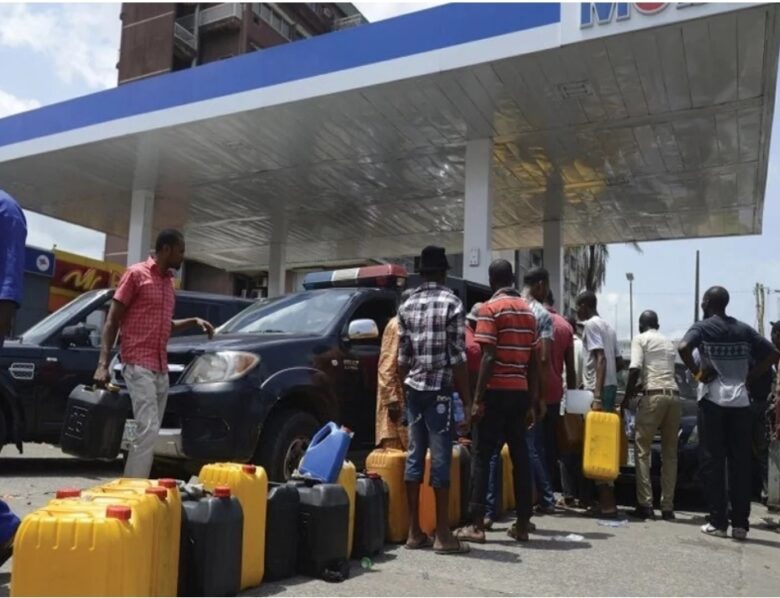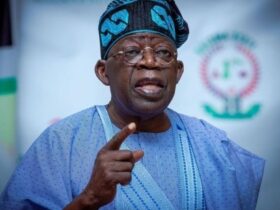The new president of Nigeria, Bola Ahmed Tinubu, in his inaugural speech, intending to dispel all fear and plant new hope in the hearts of Nigerians, has created a controversy that still boils hot even close to a week after the event.
The announcement of the oil subsidy removal, which President Tinubu made during his speech, is the issue that has sparked this controversy. But before we go on to talk about why the issue itself is controversial and what concerns the people are having over the matter, let’s take a look at what exactly the oil subsidy is and why the president decided to have it removed.
Background on Oil Subsidy Removal
Oil subsidy, or fuel subsidy, is the practice of the government paying for the difference between the pump price of petrol at the fuel station and the actual cost of importation to ease the burden of paying off the consumers. While this has made the commodity more accessible to the people, it has also drained a good amount of funds from the government’s pocket and led to an increasing pile of debts the country still has to settle.
According to Al Jazeera in their article on oil subsidy in Nigeria, they revealed that the Buhari administration left a 77 trillion naira ($167bn) debt to local and foreign creditors, adding to the already present debt that is currently gulping up to 96% of the government’s revenue.
Believing that these funds could be channelled towards developing other infrastructures and sectors, such as the health sector, road construction, education and others, previous governments have sought to remove this subsidy, and our Jagaban has finally succeeded in getting rid of it.
Many critics and supporters have spoken about this new policy, some believing that it is for the greater good of the country and still others saying that the removal could have been more properly managed so as to not create a bigger problem in removing the existing one.
However, there is still one major question on the minds of Nigerians: how does this new change affect the citizens?
The Effects on the People
Sources are saying that the removal of the oil subsidy could lead to inflation and reduced purchasing power of the citizens, as the percentage of the overall cost previously paid by the government would now be added to the price the consumers have to pay.
The effects have already begun to show as oil prices have already escalated from around ₦200 per litre to over ₦500 per litre in many regions of the country. Queues build up in many fuel stations and Nigerians desperately seek ways to secure the precious commodity before more issues arise.
Experts and analysts in the sector are suggesting various ways the oil subsidy crisis can be managed, ways that will lead the country away from the disaster they claim would accompany the subsidy removal, and urge the president and his officials to consider these measures.
Would the current government take their advice? Would their decision reflect the best interest of Nigerians and the economy? Well, we cannot say for sure, but can only depend on the competency and abilities of our president, and hope that our current government can help Nigeria rise again and positively impact the lives of the people they have come to lead.
Also Read: A New Political Era: Could There Really Be Hope for a Better Nigeria?














